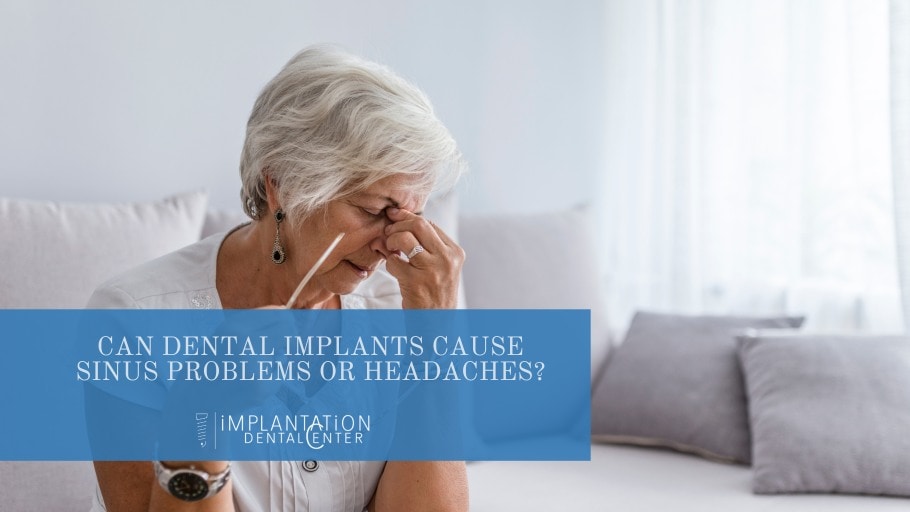When it comes to sleep apnea, finding the right treatment can be a game-changer for your health and well-being. Continuous Positive Airway Pressure (CPAP) therapy is one of the most common methods used to treat sleep apnea. CPAP machines come with different types of masks, and one popular option is nasal pillows. Here we are going to know that can nasal pillows cause sinus problems?
Nasal pillows consist of small, soft cushions that are worn directly in the nostrils. These cushions deliver pressurized air from the CPAP machine, keeping the airway open during sleep.
But have you ever wondered if using nasal pillows could potentially cause sinus problems? Let’s dive in and explore this topic further!
The Function of Nasal Pillows
Nasal pillows are designed to deliver the required air pressure directly into the nostrils and provide a comfortable and efficient experience for CPAP users. They create a seal around the nostrils, allowing the pressurized air to enter the airway and maintain a steady flow throughout the night.
Possible Sinus Problems
Some users may experience sinus-related issues when using nasal pillows. These problems can include:
- Increased nasal dryness
- Stuffy or congested nose
- Sinus headaches
- Increased mucus production
- Postnasal drip
It’s important to note that not everyone will experience these issues, as individual reactions may vary. Some users find nasal pillows to be a comfortable and effective option for their CPAP therapy.
Potential Causes of Sinus Problems
While nasal pillows don’t directly cause sinus problems, certain factors may contribute to their development. These factors include:
- Inadequate humidification: CPAP machines often have built-in humidifiers to moisten the air. If the humidity level is not adjusted correctly, nasal dryness may occur, leading to sinus discomfort.
- Allergies: If you have pre-existing allergies, nasal pillows may exacerbate the symptoms, as they can introduce external particles into your airway.
- Inappropriate fit or pressure: An ill-fitting nasal pillow or excessive air pressure can cause irritation and discomfort in the nasal passages, potentially leading to sinus problems.

Credit: implantationdentalcenter.com
Preventing Sinus Problems
If you are concerned about potential sinus problems while using nasal pillows, there are several steps you can take to minimize the risk:
- Ensure proper humidification: Adjusting the humidity level on your CPAP machine can help alleviate nasal dryness. Experiment with different settings until you find the optimal level of moisture.
- Keep your equipment clean: Regularly clean your nasal pillows and CPAP machine according to the manufacturer’s instructions. This helps prevent the buildup of bacteria and allergens that can aggravate sinus issues.
- Consider allergy management: If you have allergies, consult an allergist to manage your symptoms. Taking appropriate medications or using nasal sprays can help reduce the chances of irritation caused by allergens while using nasal pillows.
- Ensure a proper fit: Work closely with your CPAP provider to ensure you have the correct size and fit for your nasal pillows. An improper fit can lead to discomfort and potential sinus problems.

Credit: www.thecpapshop.com
Final Thoughts
While some individuals may experience sinus problems when using nasal pillows, it is not a universal issue. With proper care and adjusting to individual needs, many users find nasal pillows to be a great solution for comfortable CPAP therapy.
If you are experiencing persistent sinus problems, always consult with your healthcare provider or sleep specialist for guidance. They can provide personalized recommendations based on your specific situation and help you find a suitable alternative if necessary.
Frequently Asked Questions Of Can Nasal Pillows Cause Sinus Problems
Can Nasal Pillows Cause Sinus Problems?
Nasal pillows are designed to promote airflow and reduce sinus issues. However, improper fit or hygiene practices can lead to potential sinus problems.
